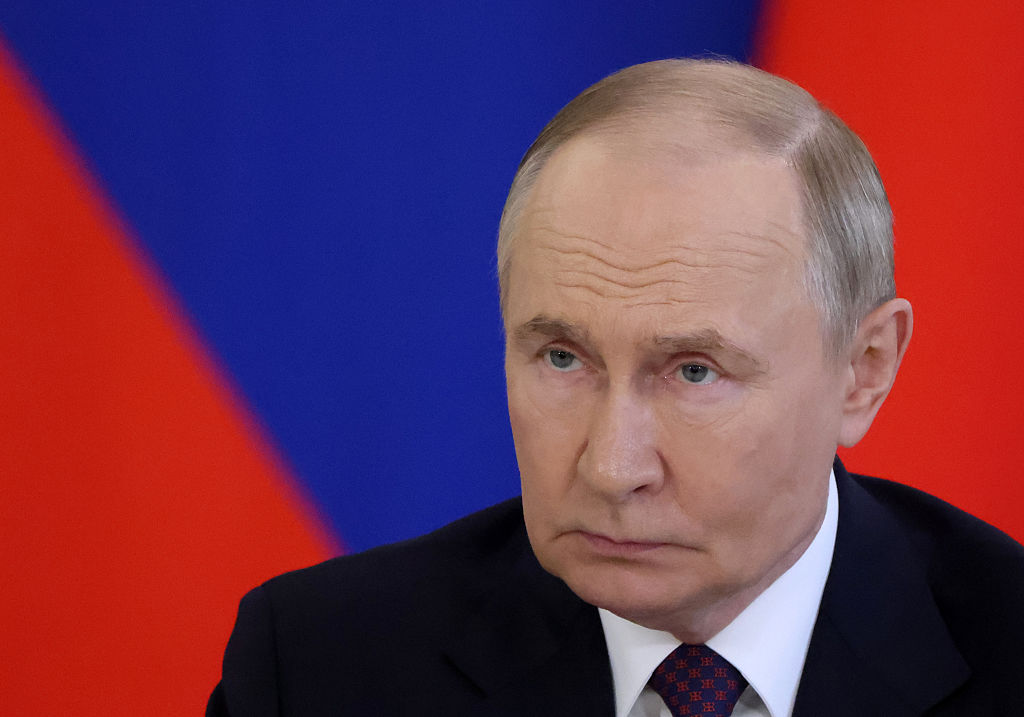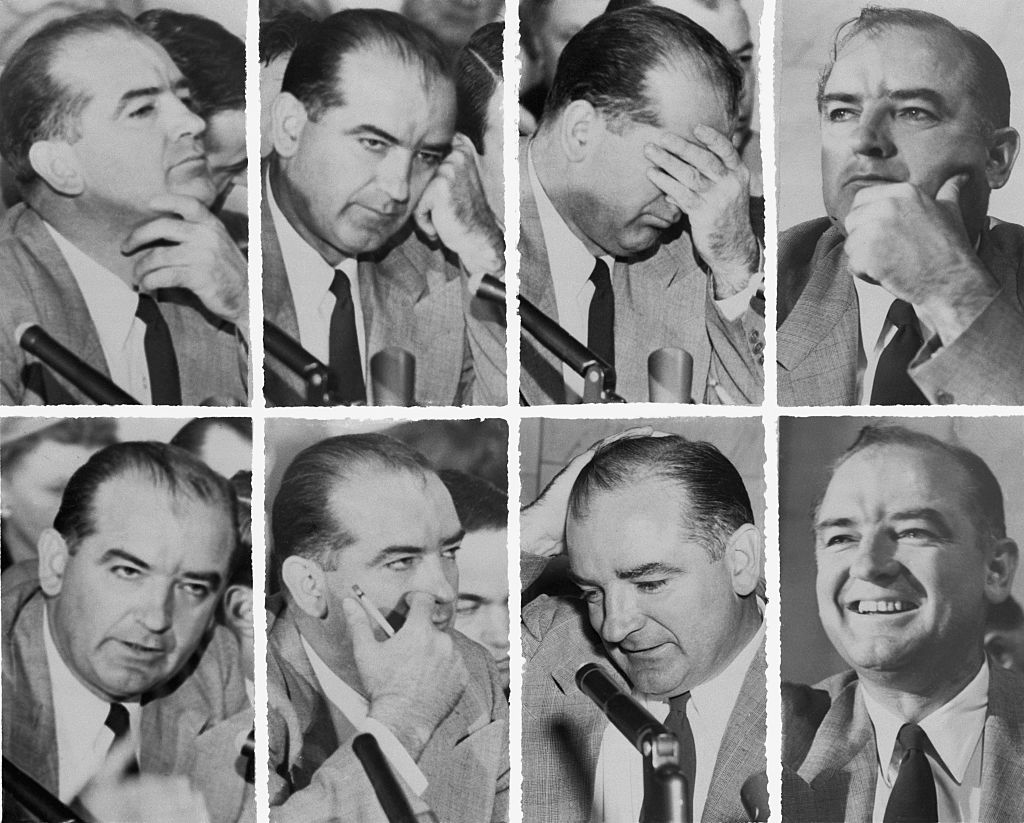Yet another campaign in Britain is gathering momentum for a full enquiry into the 1994 crash of Flight Zulu Delta 576, a Chinook helicopter carrying 25 members of British and Northern Ireland military intelligence and four RAF crew. They were on their way to a “team-bonding session” – in reality, a celebration of their victory over the IRA, which had secretly informed Westminster that it was abandoning its 24-year-long war against the United Kingdom. Twenty minutes into its flight from Northern Ireland to Scotland, ZD 576 crashed into the Mull of Kintyre, killing all aboard.
The Mull was located where it always had been and remains to this day, on all maps and in all navigation aids, so what went so catastrophically wrong that a helicopter being flown by a top-drawer special forces pilot could have flown slap-bang into it? One theory – and there are many – is that the fuel control system was malfunctioning. Another, naturally, is conspiracy. Whatever the reason, the secrets behind the crash of flight Zulu Delta 576 are now locked up under a rare 100-year-rule. Why?
One good question. Here’s another. What has since gone so catastrophically wrong in those two islands, Ireland and Britain, that is almost symbolised by that dreadful crash? Both islands have changed so totally since then as to be beyond all recognition, and quite outside the understanding of their poor bewildered citizens. Indeed, the only groups who seem to know what is going on are lawyers and their allies, those governments-within-governments, known as “civil servants”, who are – as Churchill pointed out – usually neither civil nor servants.
Geography, quite as much as culture, plots the historical course that any people must run, and this is true for that strange wet archipelago in which the Chinook began and ended its fatal flight. No one-hundred-year rule prevents any exploration of how the two islands have gone so terribly wrong, but a combination of inertia, a studied but supercilious Irish Anglophobia and a profoundly witless English arrogance, has prevented any serious enquiry into a common ruin, which might prove in the longer term to be nearly as comprehensive as the rocks of Kintyre proved to be for ZD 576 in 1994.
The start of that decade, and the World Cup, “Italia 90”, tells its own tale. Both the Republic of Ireland and England did well, the former reaching the quarter finals and latter the semis. Both teams were composed almost entirely of ethnically-indigenous stock. Today, Ireland produces almost no worthwhile soccer players, and the few capable ones playing for England are usually of African stock. Scotland, once a factory of hard-tackling half-backs and wily, brilliant midfielders, is now a sporting Chernobyl. The opening of the English premier league last Saturday told its own melancholy story, with relatively few English players and almost none from Scottish or Ireland. The reigning champions Liverpool, having sold its last Irish player, fielded a team that was almost totally foreign, and ethnically quite unrelated to the spectators paying their wages. How could it be otherwise? In both islands, the native working classes have culturally collapsed, though their addiction to alcohol and fast food has gone in the opposite direction.
Ireland’s working classes seem to have compensated by mass-producing both cocaine users and their suppliers. Dublin’s Kinahan Gang is probably Europe’s largest narcotics enterprise, but now being prudently headquartered in Dubai, and not because they followed the wrong sign at the airport. Irish cocaine-use, matching that of the US, is amongst the highest in Europe. However, that’s according to 2019 data, while cocaine seizures for this year alone are already ten times higher than all of 2019, and numbers seeking treatment for cocaine addiction are up 250 per cent.
Meanwhile, over the past three decades, England has fallen on a sword of multiculturalism, while Ireland has sacrificed itself on the altar of mass immigration, rendering both societies almost unrecognisable. Worst of all is Scotland, which has gone off-orbit and is now circling a dark sun of its own devising towards the wilderness from which it departed around the time of the Act of Union. Its former first minister, Nicola Sturgeon, has just published her autobiography, by all accounts an egotistical masterpiece of articulate vapidity, without ever mentioning the catastrophic (and unique in Europe) fall in life expectancy of the people that she so woefully misgoverned.
Though each component part has its own sorry tale, what the two islands have in common are governing-elites who are notionally in charge of the legal classes administering the states. However, the former have effectively surrendered both their authority and their position to the new political oligarchy, lawyers.
Ireland’s moment of sovereignty-surrender was first declared just twenty years ago, after a Nigerian named Osagio Igbinidion, fatally injured a baby-boy while unlawfully circumcising him. At his trial – not for manslaughter, but for mere “endangerment” – Judge Kevin Haugh told the jury that they should not bring their “white, western values” to bear in the case, for the accused would not have the advantage of being tried by his peers. (Perhaps, then, he should have stayed in Nigeria?) The jury duly acquitted him. Ten years ago came the confirmation that Ireland had formally introduced a binary legal system, when the Irish people voted to authorise homosexual marriage, though this would not would be subject to the legally-binding consummation-clause which still obtained for heterosexual marriages. The Chief Justice, Susan Denham, could have pointed this out. She chose not to.
Legal duality in the service of multiculturalism has so long been a fixture in English Law that it is hard to identify its start, but it took irrefutable shape once the English police began systematically to ignore the scores of Pakistani-rape gangs operating freely throughout the country. Only when their underage white girl-victims numbered close to 100,000 did the constabulary-worm finally turn, and prosecutions duly if slowly followed.
This has not prevented the daily arrivals of hundreds of Pakistani immigrants to England at Leeds-Bradford airport, and security at the airport cannot distinguish between the many people with virtually identical names pouring through. Any attempt at immigration control there has been abandoned, as indeed it has been at the much-more publicised Channel ports with the “little boats” invasion.
Moreover, many lawyers seem to be determined to outwit and over-interpret their political masters. After the Tory leader, Kemi Badenoch, denounced the latitude by which a court had allowed a special provision intended for Ukrainians-only to be applied to a Palestinian family, the Prime Minister, Keri Starmer (himself a lawyer, well, sort of) agreed with her. “It should be Parliament that makes the rules on immigration. It should be Government that makes the policy.”
The Chief Justice, Lady Chief Justice Sue Carr, snapped back like a cobra unleashing nerve toxins, hissing that Badenoch’s question and Starmer’s answer were “unacceptable”. It was “for the Government visibly to respect and protect the independence of the judiciary.”
Yes, the foremost judge in the land still calls herself Sue, probably from a suffocating fusion of childhood and occupational solipsism. At least Ireland’s legal Susan spared us such cloying, arrogant familiarity. As Prime Minister of the United Kingdom, Starmer could then have unsheathed his constitutional sword and disembowelled this “Sue”. Instead, by saying nothing, he essentially sided with her. To lawyers, the howl of a law-pack is far more alluring than the meek whinny of the law’s anointers – the mere people.
Certainly, the latter’s will is now almost irrelevant within the “British Isles”, a term that maddens the Irish, though it encompasses an irrefutable demographic fact. It is likewise an irrefutable fact that during the sordid decade of Tony Blair’s prime ministership, Britain secretly admitted hundreds of thousands of illegal immigrants annually. Though the two world wars bankrupted Britain, it was Blair who nearly finished it off, ravaging both the country’s sense of identity and the core-value of social trust that are the glues of any modern society.
Last year, Ireland went one better, by trying to smuggle into constitutional law an amendment that redefined marriage as a legally undefinable “durable relationship”, meaning that controls over immigration would be surrendered to anyone willing to lie on such matters. (What, immigrants lying? Oh, how racist!) When a civil servant pointed this out in a memo to the government, his advice was promptly ignored and the memo buried within the archives, and only a Freedom of Information enquiry from the dissident (and officially-despised) on-line publication Gript, for which I have the honour of writing, elicited the truth. Quite simply, Ireland’s government tried to conceal from the electorate the probable impact of the proposed amendment. Nonetheless, although ignorant of this, and despite the shrieked advice of the liberal media that to reject the amendment would be reactionary and racist, the Irish people gave it a crushing thumbs-down.
Too little, too late. Lawyers’ law now rules the archipelago, while behind its protection the unelected permanent governments in Edinburgh, Dublin and London, go about their quotidian duties, untroubled by the hopes and wishes of the hapless unfortunates whom they govern. Why do these governors govern? To what end? As well ask the Chinook why it steered 25 intelligence experts and their four RAF crew, good men and women all, on their way to celebrate their victory over the IRA, to their common doom. Grasping even life’s simpler truths in these accursed islands can be rather like pushing quicksilver up a sparkling windowpane with a wand of polished ivory.
Kevin Myers is an Irish journalist, author and broadcaster. He has reported on the wars in Northern Ireland, where he worked throughout the 1970s, Beirut and Bosnia.





The sheer evil of the Hamas attack means Israel has become an international pariah